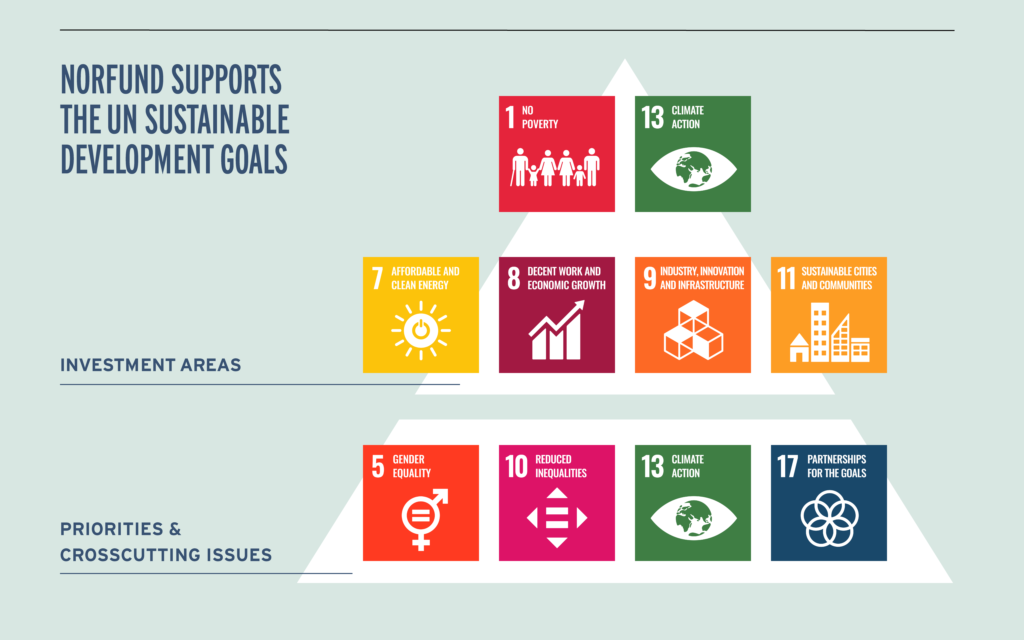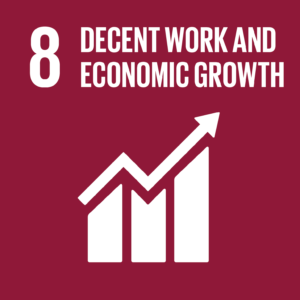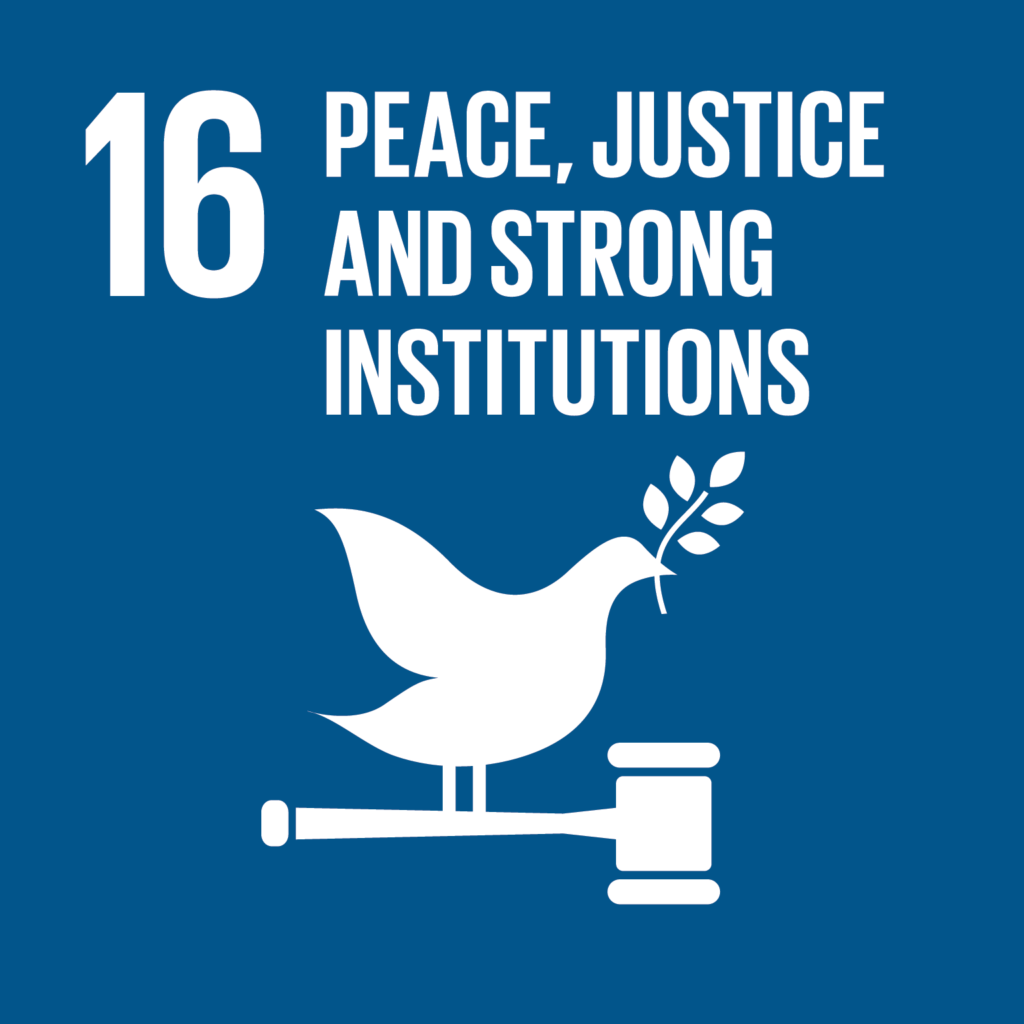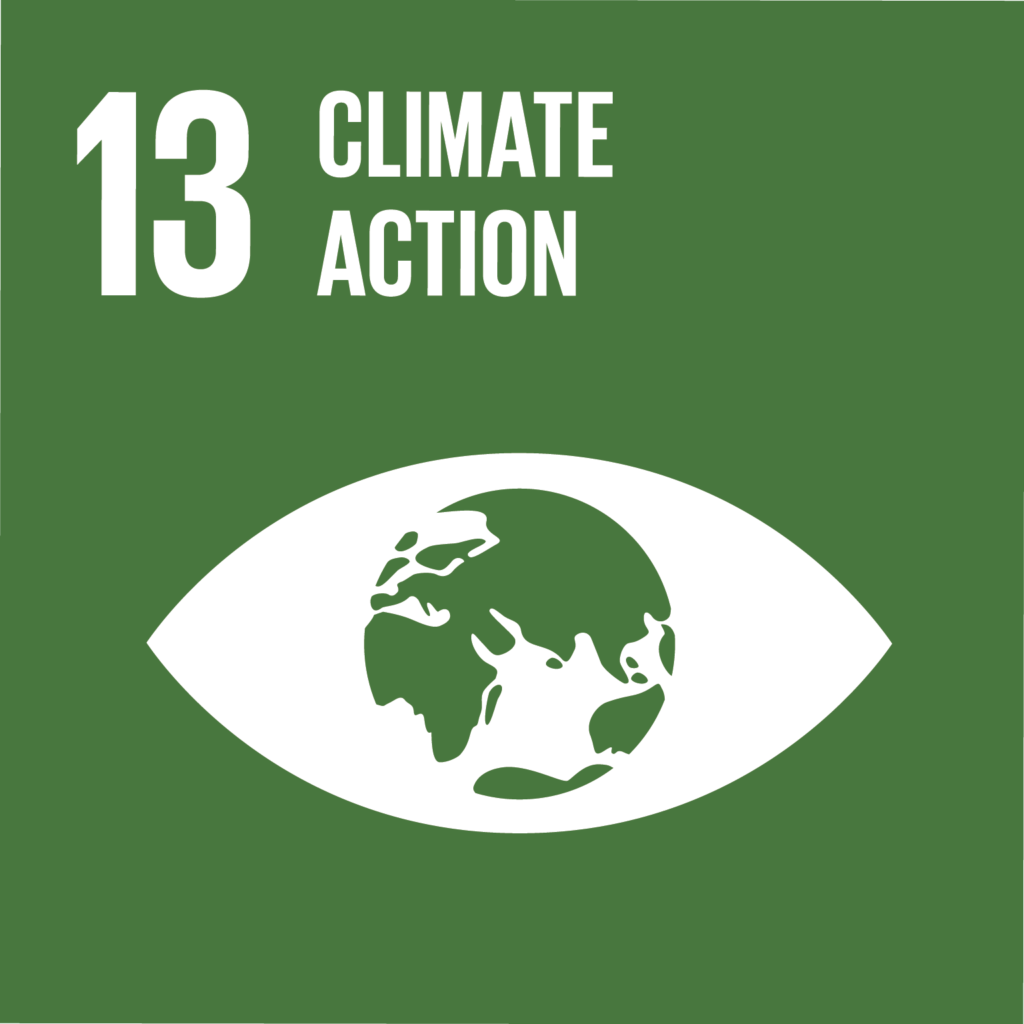Norfund is committed to contributing to implementing and supporting the UN Sustainable Development Goals.
Norfund invests to create jobs, improve lives and support the transition to net zero.
Norfund’s work under the Development Mandate is the Norwegian government’s main instrument for strengthening the private sector in developing countries to contribute to poverty reduction.
Norfund’s work under the Climate Mandate is the Norwegian government’s main instrument for accelerating the global energy transition by investing in renewable energy in developing countries with large emissions from coal and other fossil power production.
Both our Development Mandate mission and strategy for 2023-2026 and our Climate Mandate mission and strategy for 2022-2026 are based on the UN Sustainable Development Goals.

Norfund’s mission under the development mandate is to create jobs and improve lives by investing in businesses that drive sustainable development (SDG 8: Decent Work and Economic Growth).
As defined in the development mandate strategy, the investments are concentrated in four investment areas that each also contribute directly to SDG targets:
- Renewable Energy investments contribute to SDG 7-1 (universal access to energy services) and SDG 7-2 (increase share of renewables in the global energy mix)
- Financial Inclusion investments contribute to SDG 8-10 (universal access to financial services) and SDG 9-3 (increased access to financial services for small and medium sized enterprises (SMEs))
- Scalable Enterprises investments contribute to SDG 8-5 (productive employment and decent work for all) and SDG 9-2 (promote inclusive and sustainable industrialization)
- Green Infrastructure investments contribute to SDG 11-6 (clean cities), SDG 12-5 (reduce waste generation), and SDG 6-1 (safe drinking water)
Norfund’s mission under the development mandate is to invest in the transition to net zero in emerging markets (SDG 13: Climate Action). As defined in the strategy for the climate mandate, investments are made in renewable energy directly contributing to SDG 7-1 (universal access to energy services) and SDG 7-2 (increase share of renewables in the global energy mix).
In addition, Norfund’s work to mobilise capital from other investors contributes to reducing inequalities between countries (SDG 10) and to increasing investments in developing countries (SDG 17).
Cross-cutting issues
The cross-cutting issues in Norway’s development policy – human rights (SDG 8), anti-corruption (SDG 16), gender equality (SDG 5), climate and environment (SDG 13) – are assessed in all our investments.
Human rights

The responsibility to respect human rights is a global standard of expected conduct for businesses and their responsibility as employers worldwide (SDG 8.7). As Norfund’s role is to contribute to building sustainable businesses, we require our investees to respect human rights by adhering to the IFC Performance Standards. These standards cover relevant parts of the Declaration of Human Rights and the UN Guiding Principles on Business and Human Rights – such as the core conventions of the International Labour Organisation (ILO) and indigenous peoples’ rights. You can read more about this under E&S.
Zero tolerance for corruption

Norfund has zero tolerance for corruption in all its investments and activities. We make clear to our portfolio companies that we do not accept any form of corruption and require them to implement anti-corruption programmes. All Norfund employees and representatives (including external board members appointed to portfolio companies) are required to sign and abide by Norfund’s Code of Conduct, which prohibits all forms of corruption. If financial irregularities or corruption are suspected, Norfund has a formal channel to support whistle-blowers. Read more about this under Governance and Business Integrity.
Gender Equality

Norfund is committed to addressing gender equality in our own organisation as well as in our investments. We use active ownership to promote equal opportunities for men and women across all levels in our investee companies.
Read more about Norfund’s work with gender here.
Climate

The climate crisis disproportionally affects poor people in developing countries and is a major threat to the goal of eradicating poverty.
Read more about Norfund’s work with climate and environment here.